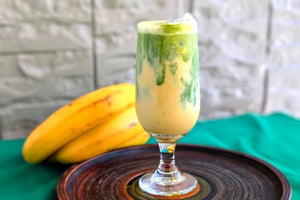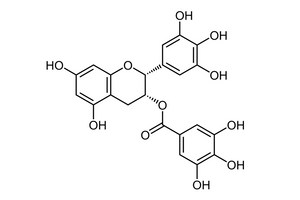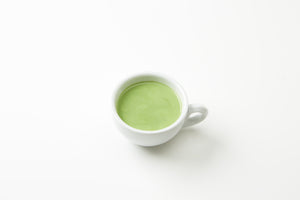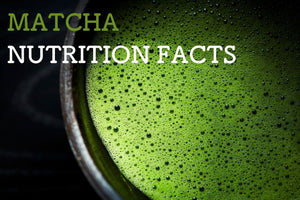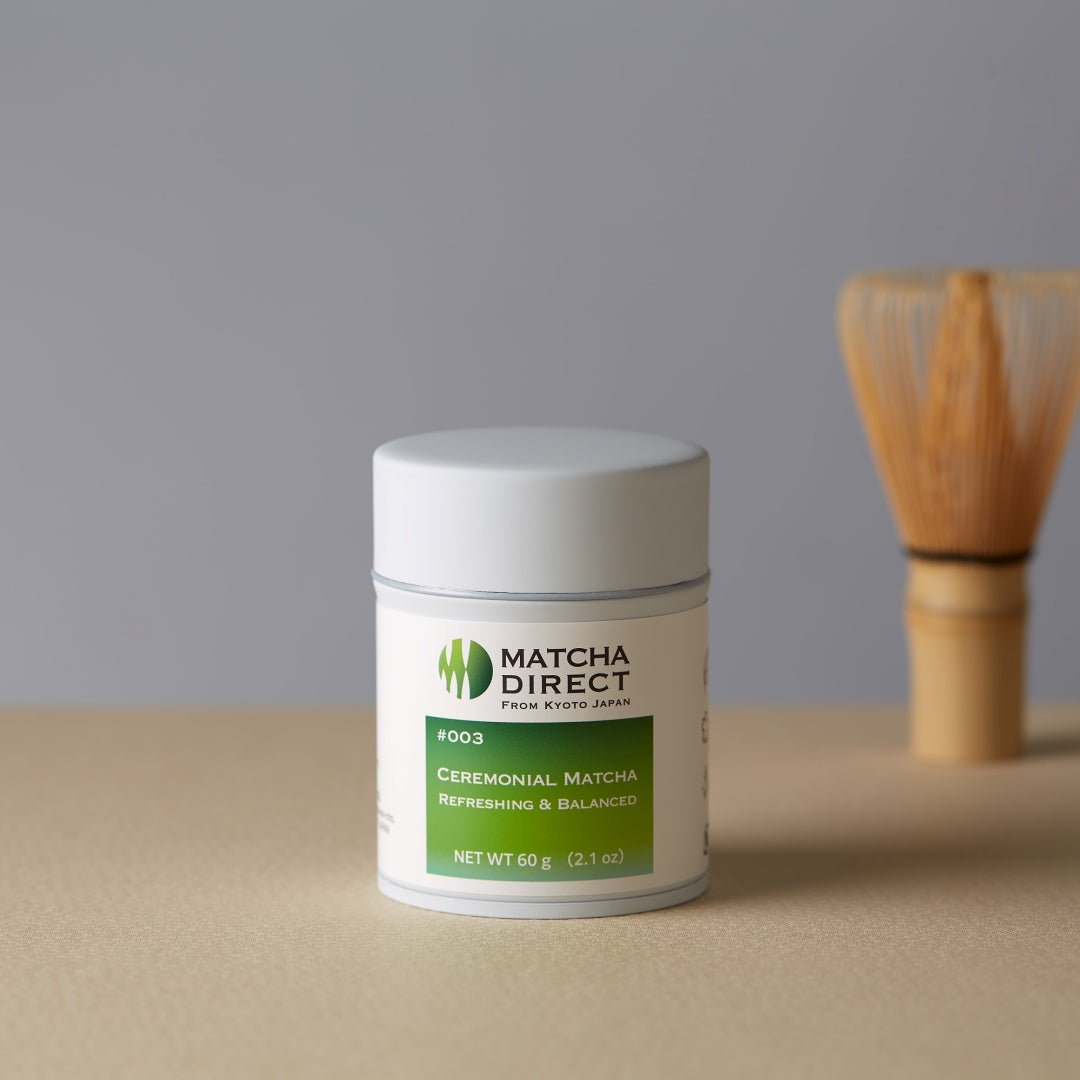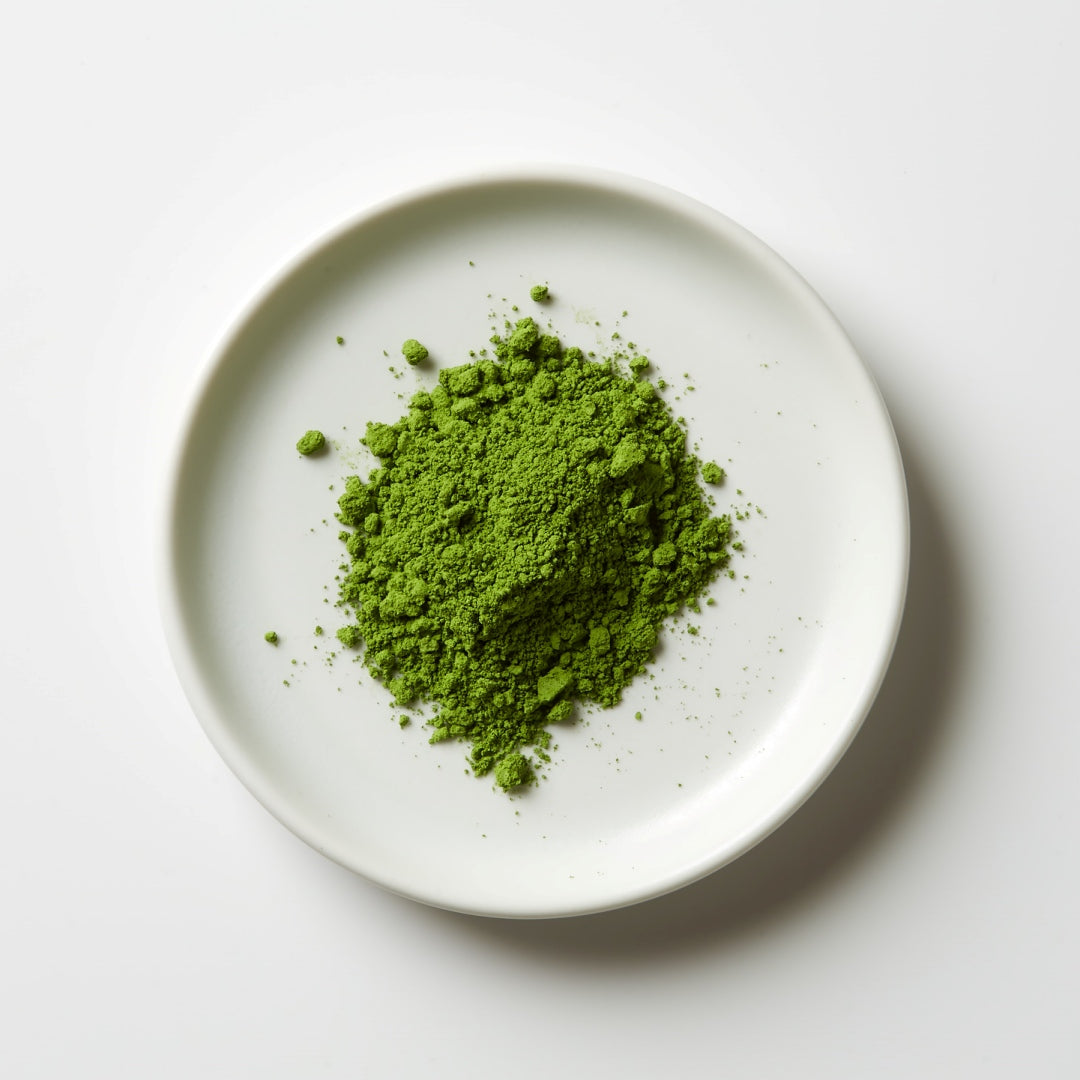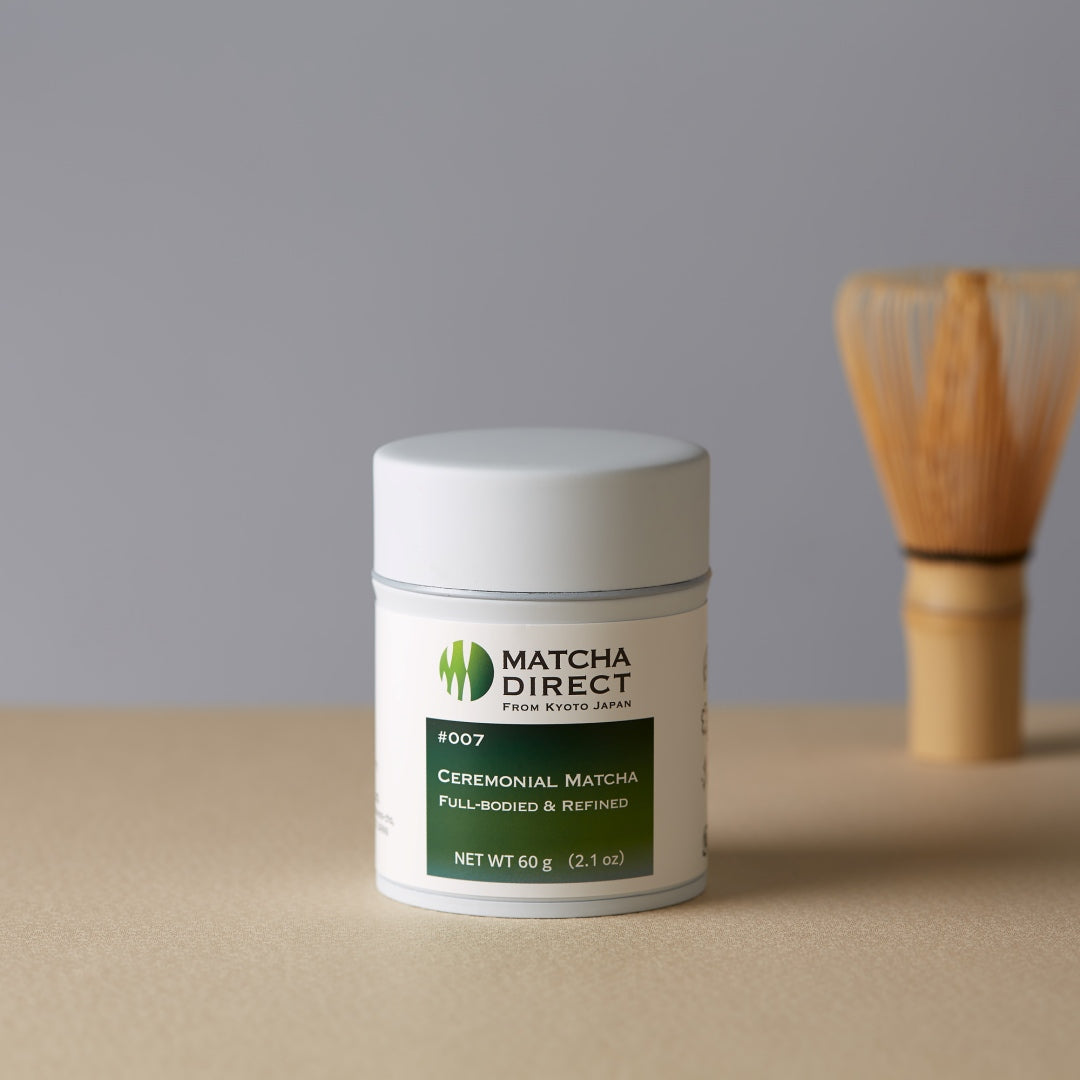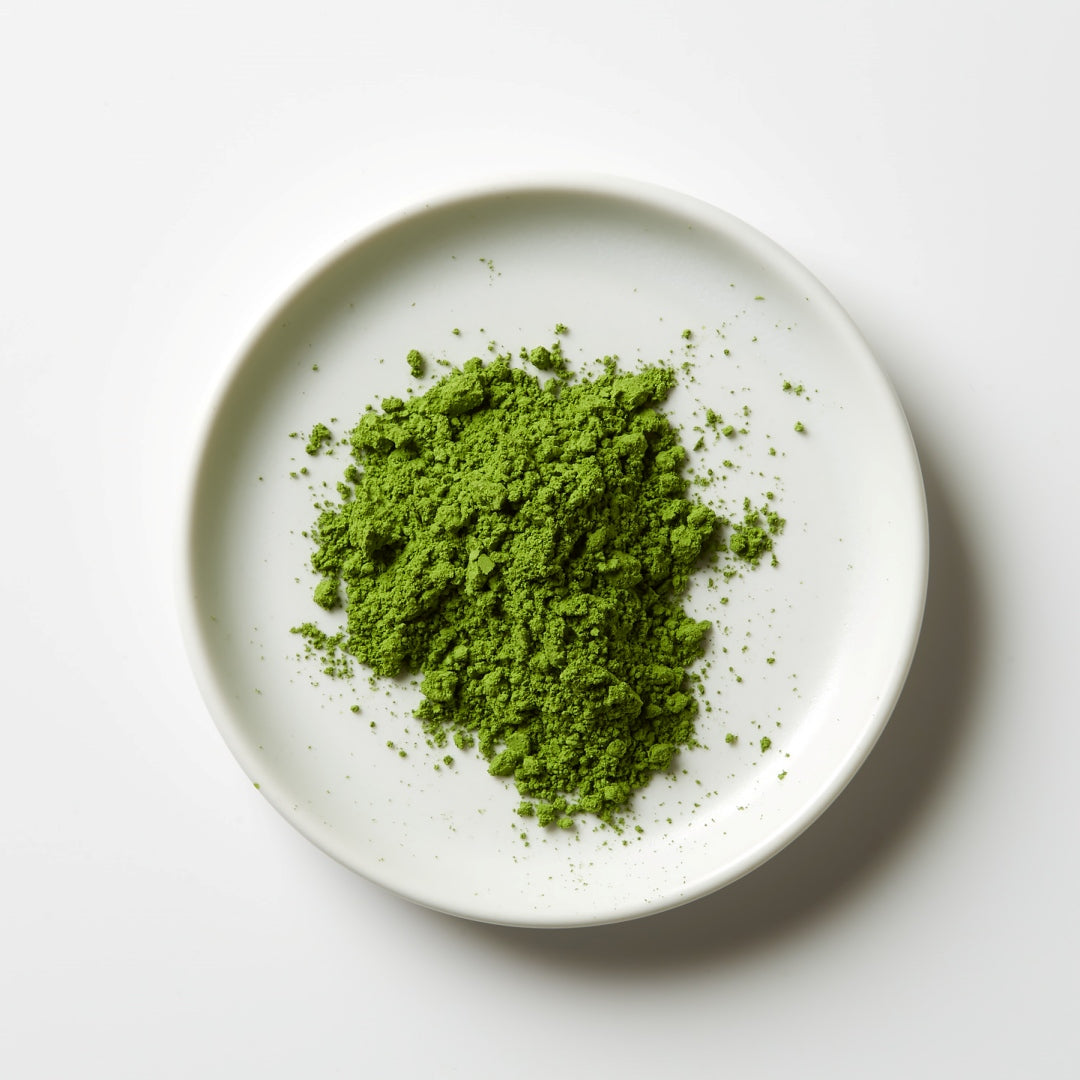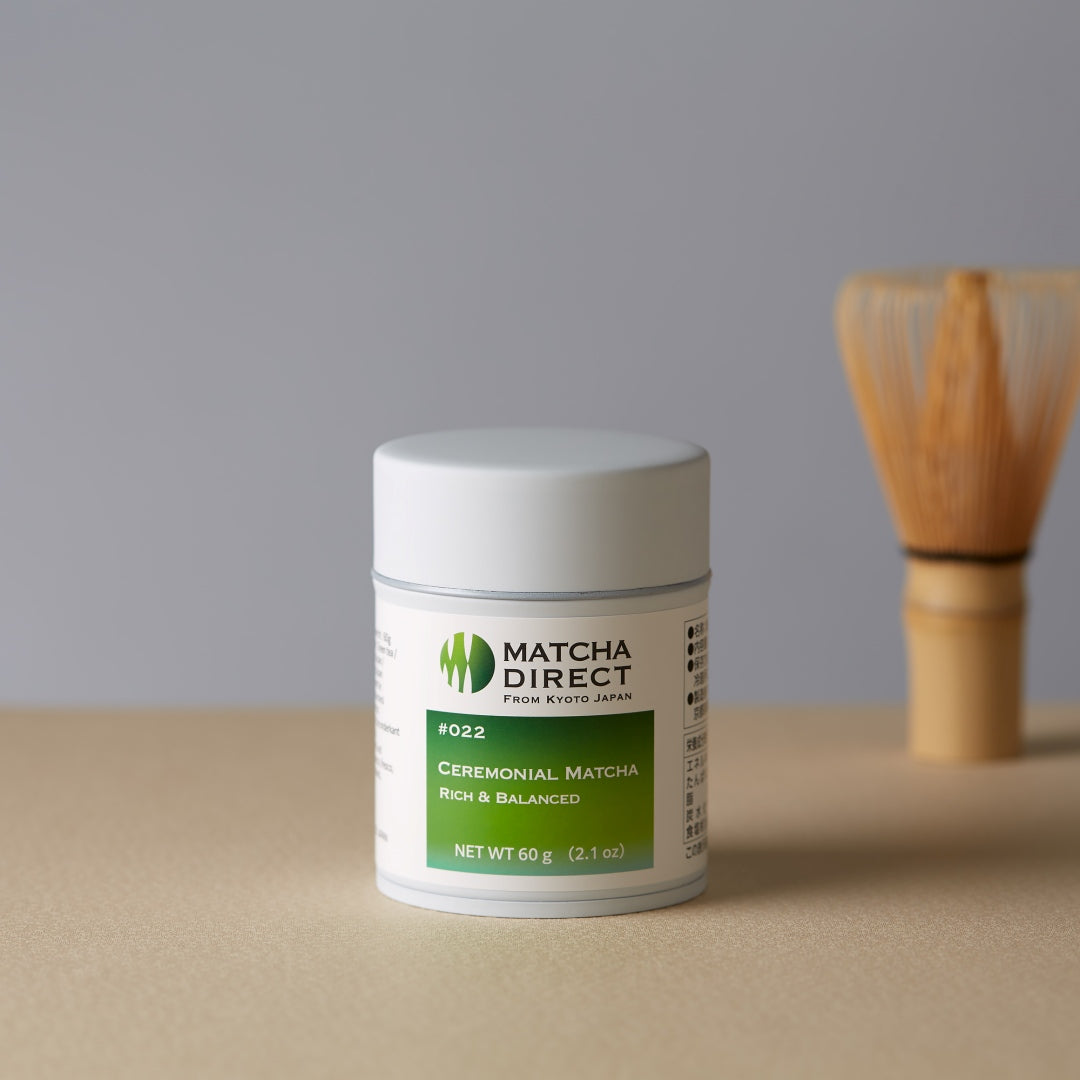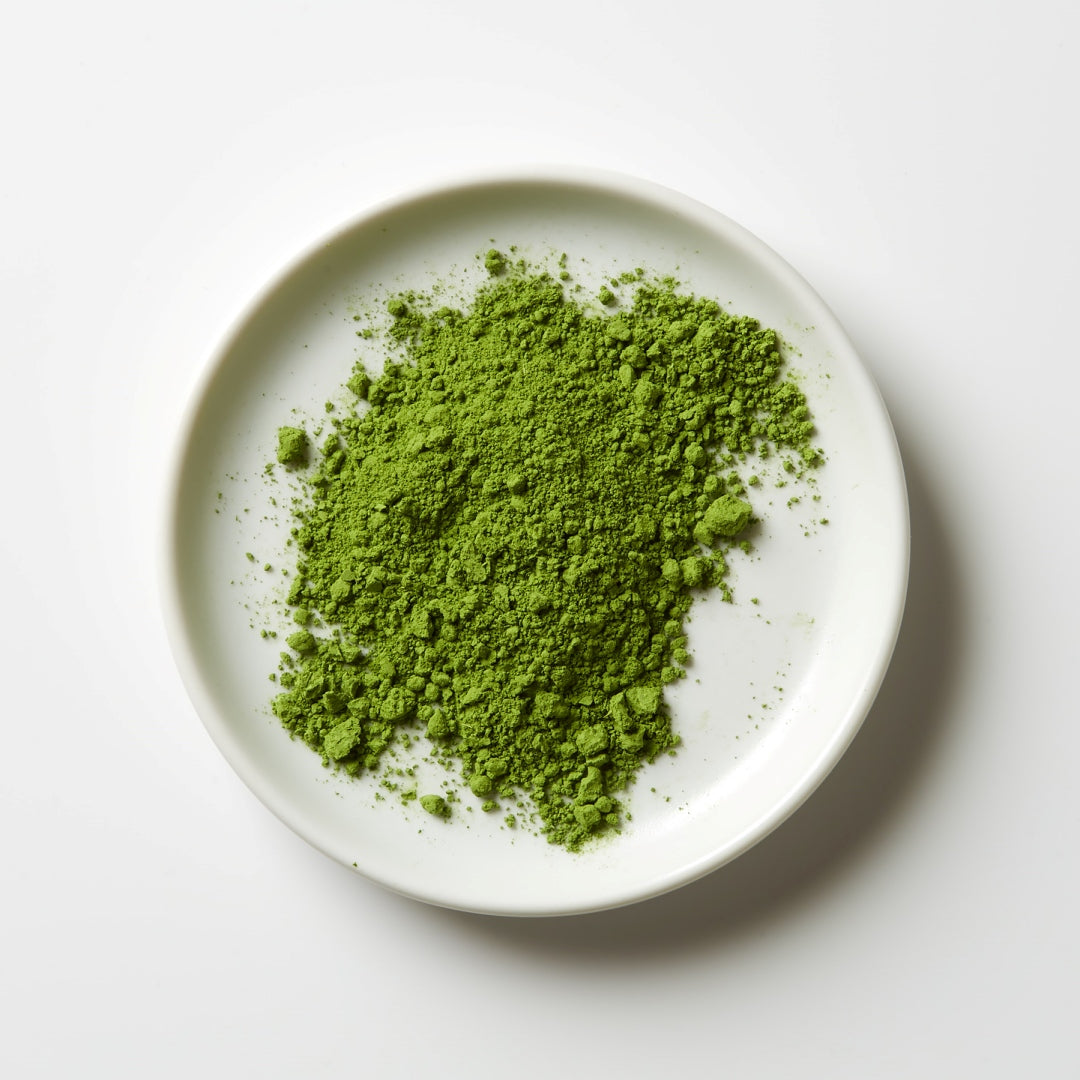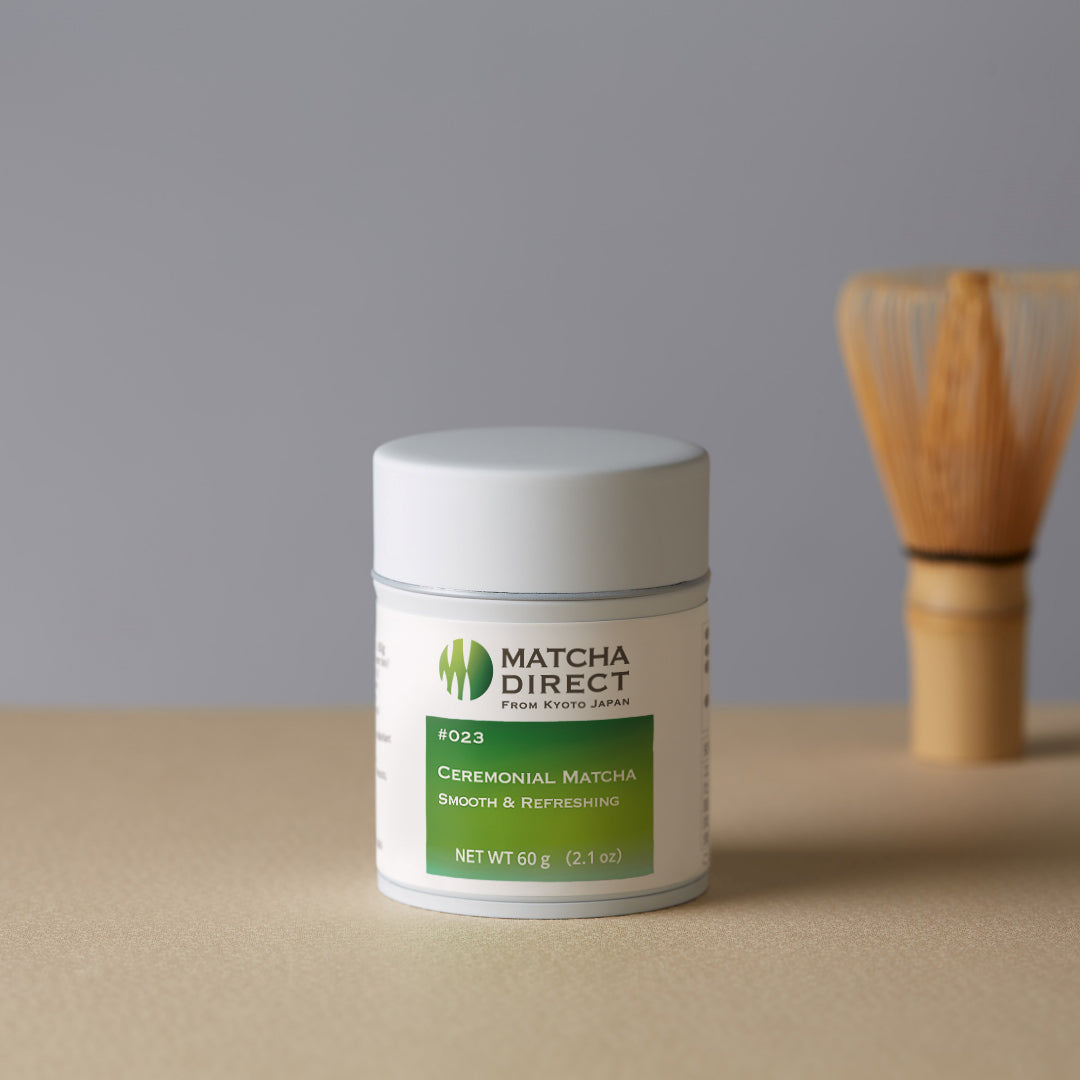Matcha vs. Moringa: Which is better?

Both matcha and moringa are popular among health-conscious individuals. Each has its own unique characteristics, and incorporating either into your daily life can offer many benefits.
Matcha, with its distinct flavor and vibrant green color, provides a soothing experience just by drinking it. On the other hand, moringa is rich in nutrients and highly regarded for its health benefits.
In this article, we will compare the nutrients and flavors of matcha and moringa, highlighting their differences.
What is Matcha?
Matcha, a symbol of traditional Japanese culture, is known for its unique flavor and vivid green color. Its appeal extends beyond Japan, gaining popularity worldwide.
Matcha is made from tea leaves grown under shaded conditions and then ground into a fine powder. The production process is more labor-intensive than other teas, making it a premium product.
Moreover, matcha is packed with various nutrients, including catechins like epigallocatechin gallate (EGCg), a powerful antioxidant. Because the tea leaves are consumed in powdered form, you get all the nutrients contained in the leaves.
What is Moringa?
Moringa, known as the "miracle tree," is an incredibly nutrient-rich superfood. Originally from India, it is now cultivated in many regions, including Asia, Africa, and South America.
Belonging to the Moringaceae family, almost every part of the tree—leaves, seeds, pods, and flowers—is edible, but its dried leaves in powdered form are most commonly used.
Moringa is rich in nutrients and plays a significant role in improving diets, especially in developing countries.
For thousands of years, moringa has been used in traditional Ayurvedic medicine to maintain health. It also has a high capacity for absorbing carbon dioxide, making it an important plant from an environmental perspective.
Moringa not only supports human health but also contributes to environmental conservation.
Nutritional Comparison of Matcha and Moringa
Both matcha and moringa boast high nutritional value, but they contain different nutrients.
Matcha is rich in unique components such as EGCg and theanine, which are not found in moringa. In contrast, moringa is said to contain a wider variety of nutrients, especially vitamins and minerals.
The nutritional profiles of both are distinct, so it is advisable to consume them according to your health goals.
Matcha’s Nutrients
Compared to regular green tea, matcha has a higher nutritional content, containing various nutrients such as vitamins, minerals, catechins, and the amino acid theanine.
Among these, EGCg, a type of catechin, is known for its potent antioxidant properties and is abundant in matcha.
Additionally, theanine is believed to reduce stress and promote relaxation, helping to maintain balance in both mind and body. This makes matcha a popular beverage for both physical and mental wellness.
Moringa’s Nutrients
Moringa is equally rich in nutrients, with an impressive variety.
It contains over 90 nutrients, including vitamin C, beta-carotene, calcium, potassium, iron, and protein. Many of these, such as vitamins and minerals, are present in greater amounts than in matcha.
This diversity of nutrients is why moringa is often referred to as the "miracle tree."
Matcha with Caffeine vs. Caffeine-free Moringa
Caffeine is known to boost refreshment and concentration, but excessive intake can pose health risks. Therefore, it’s important to monitor your caffeine consumption.
Matcha contains caffeine, but its unique component, theanine, helps to moderate the effects of caffeine. As a result, matcha provides a slower and longer-lasting energy boost compared to coffee. It helps maintain focus and energy steadily, making it a great choice for those looking to avoid sudden caffeine spikes.
In contrast, moringa is entirely caffeine-free, making it an ideal choice for those who wish to avoid caffeine or are sensitive to it. You can enjoy the benefits of moringa’s rich nutrients without the side effects of caffeine, making it a refreshing yet gentle option for your body.
Comparison of Matcha and Moringa’s Flavors
The Flavor of Matcha
The first sensation you experience when drinking matcha is its rich umami. High-quality matcha accentuates this umami, offering a smooth texture and creamy taste. Alongside its creaminess, a slight bitterness provides a balanced harmony of deep umami and sweetness. This balance is one of the reasons why matcha continues to be loved by many.
Matcha also has a distinct aroma known as “covered fragrance,” which brings to mind the fresh scent of plants. This natural flavor reflects the careful cultivation and processing of matcha, preserving its authentic aroma. This connection to nature enhances matcha’s appeal even further.
The Flavor of Moringa
Moringa powder can be consumed similarly to matcha by dissolving it in hot water.
Its flavor, though plant-like flavor similar to matcha, has its own unique qualities. While it lacks the creaminess of matcha, moringa has a slightly spicy, stimulating flavor. You might find its initial sharpness surprising, but as you grow accustomed to its delicate taste, you’ll come to appreciate moringa’s distinctiveness.
However, lower-quality moringa may have a stronger bitterness compared to matcha, making it less palatable. In such cases, adding sweeteners or mixing it into smoothies or dishes can soften the bitterness and make it more enjoyable. Moringa is versatile enough to be easily incorporated into daily meals.
Thus, while matcha captivates with its refined smoothness and balanced taste, moringa offers a spicier and more stimulating flavor. Though initially challenging for some, moringa is a great option for those prioritizing nutritional benefits, especially when used in smoothies or recipes.
Which is Better: Matcha or Moringa?
Both matcha and moringa are known for their positive health effects, but it’s difficult to declare one as definitively superior. Each offers different nutrients and benefits, making them suitable for different purposes.
From a nutritional perspective, moringa is hailed as a "miracle tree" due to its extremely high nutrient content. Its wide range of vitamins, minerals, and proteins makes it an essential food, especially in environments requiring substantial nutrition. This has earned moringa global recognition as a superfood.
On the other hand, matcha contains unique nutrients not found in moringa. Particularly, EGCg, a powerful antioxidant, and theanine, which promotes relaxation, make matcha highly attractive for its health benefits. Matcha is widely known as a superfood with excellent health properties.
In terms of flavor, matcha is rich in umami, with a slight sweetness and bitterness that form a harmonious balance. The higher the quality of the matcha, the smoother its texture and richer its flavor, making it a premium choice for those seeking a sophisticated taste experience.
Moringa, with its spicy and stimulating flavor, may be more of an acquired taste, but it can be easily incorporated into smoothies or meals. For those focused on nutrition, moringa is worth trying, especially when the flavor is adjusted to your liking.
In conclusion, matcha is ideal for those seeking antioxidant power, flavor enjoyment, and a caffeine boost to improve focus. Matcha is perfect for those who want to relax while consuming gentle, body-friendly ingredients.
On the other hand, moringa is better suited for those seeking overall nutrition, avoiding caffeine, and aiming for broader health benefits.
Rather than favoring one over the other, combining matcha and moringa allows you to enjoy the strengths of both, providing balanced support for your health. It’s worth incorporating both into your daily diet to benefit from their unique qualities.
For High-Quality Matcha, Visit MATCHA DIRECT
If you’re interested in experiencing the rich flavor and health benefits of matcha, consider visiting MATCHA DIRECT.
MATCHA DIRECT is an online shop that delivers high-quality matcha directly from Kyoto.
Enjoy the full flavor and nutritional value of carefully selected matcha, delivered right to your door. Why not incorporate matcha’s relaxation and antioxidant properties into your daily routine?







